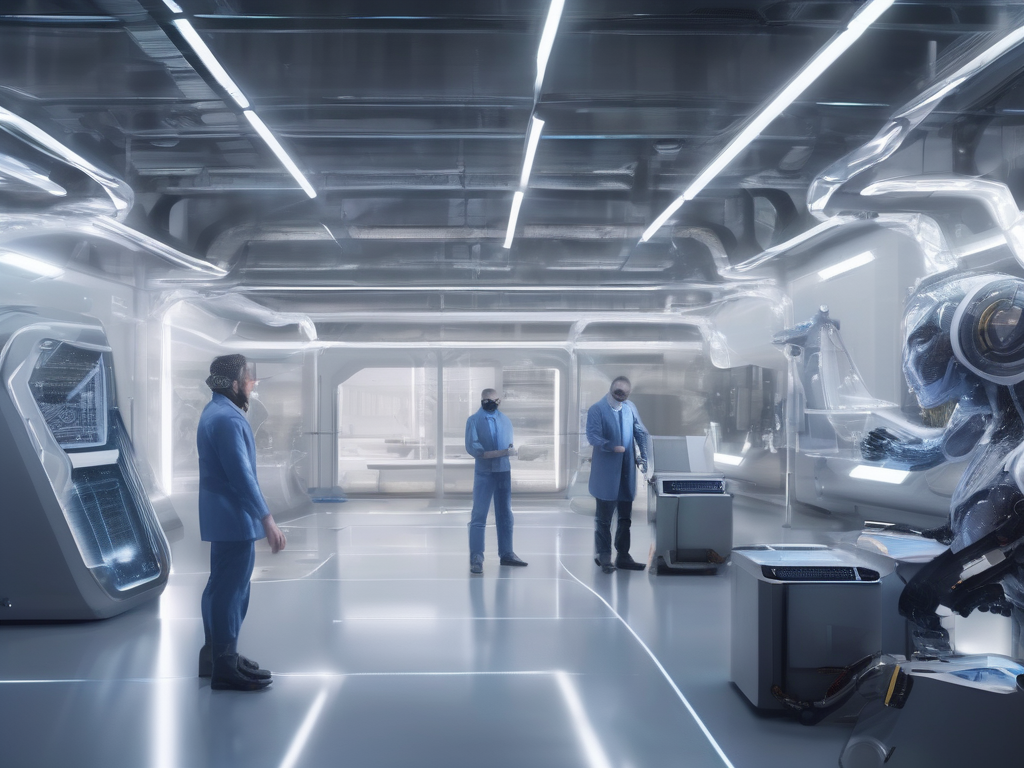AI Agents Transform Manufacturing: Real-World April 2025 Applications Revolution
Throughout April 2025, manufacturing industries worldwide witnessed an unprecedented transformation as AI agents demonstrated remarkable real-world applications in quality control, predictive maintenance, and autonomous production optimization.
Manufacturing Revolution Unfolds
Multiple case studies emerging from April 2025 showcase AI agents moving beyond experimental phases into production-critical roles. These systems demonstrate autonomous decision-making capabilities that adapt to changing manufacturing conditions in real-time.
Leading automotive manufacturers report AI agents identifying defects invisible to human inspectors, while semiconductor facilities leverage autonomous systems for precision process control. The technology demonstrates remarkable versatility across diverse manufacturing environments.
Quality Control Breakthroughs
AI agents equipped with advanced computer vision and sensor fusion capabilities now detect microscopic defects with accuracy exceeding 99.9%. These systems analyze products across multiple dimensions simultaneously—visual inspection, dimensional measurements, material composition, and performance testing.
Unlike traditional automated systems following rigid programs, these AI agents adapt their inspection criteria based on production variations, environmental changes, and emerging defect patterns. They continuously learn from each inspection, improving accuracy over time.
Predictive Maintenance Revolution
Manufacturing facilities report dramatic reductions in unexpected equipment failures through AI agent-driven predictive maintenance. These systems monitor thousands of sensor inputs simultaneously, identifying subtle patterns indicating impending failures weeks before they occur.
The AI agents coordinate maintenance schedules autonomously, optimizing downtime to minimize production impact while ensuring equipment longevity. They consider factors like production schedules, parts availability, and technician expertise when planning maintenance activities.
Autonomous Production Optimization
Perhaps most remarkably, AI agents now optimize entire production lines autonomously, adjusting parameters like temperature, pressure, speed, and material flow based on real-time quality metrics and efficiency goals.
These systems demonstrate emergent behaviors—discovering optimization strategies engineers hadn't considered. They balance competing objectives like production speed, quality standards, energy consumption, and material waste with sophisticated multi-objective optimization.
Industry Impact
Manufacturing executives report productivity improvements of 15-30% alongside quality improvements and cost reductions. The technology particularly excels in complex, high-precision manufacturing where human oversight struggles with the scale and speed of required decisions.
This April 2025 transformation marks a pivotal moment where AI agents evolved from supportive tools to autonomous manufacturing partners.
Ready to implement these insights?
Let's discuss how these strategies can be applied to your specific business challenges.
You might also like
More insights from AI Technology
